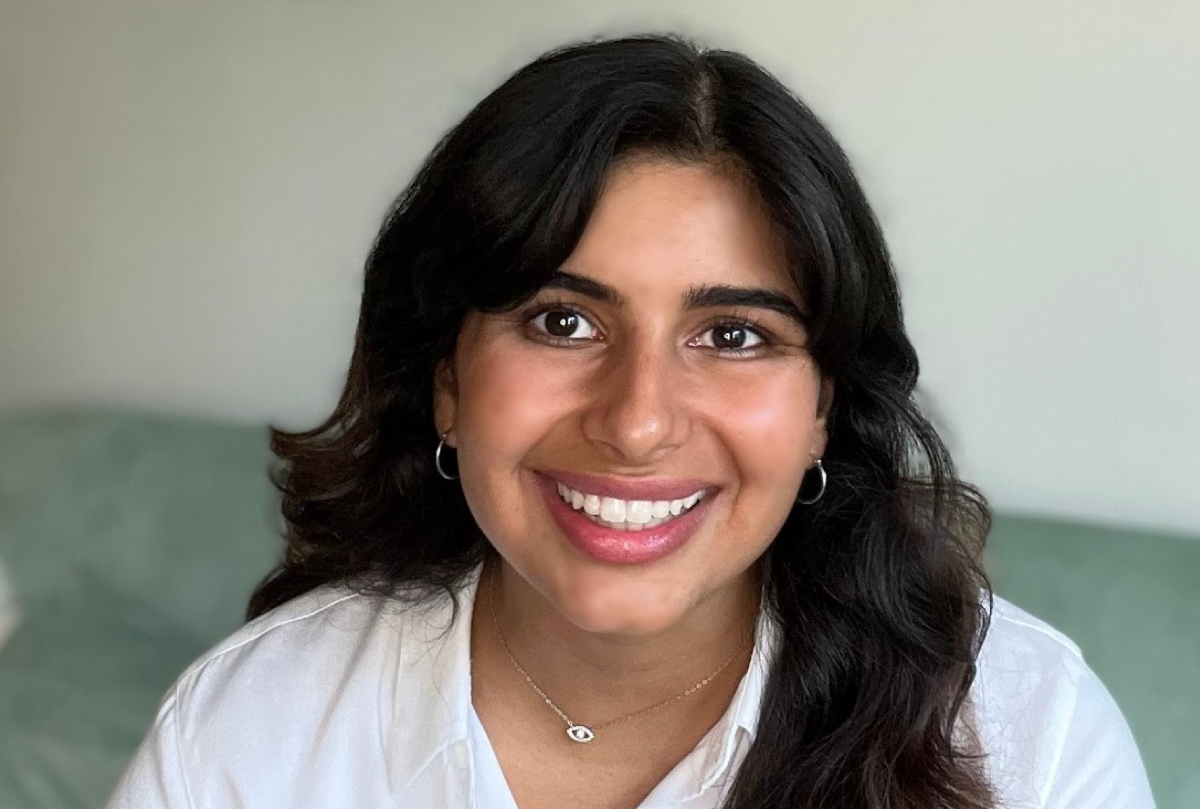CSpotlight: The Power Of Research

Why did you choose to pursue a degree in computer science specifically at the University of Minnesota?
My undergraduate degrees at Cornelle University are in computer science and philosophy. I've always loved STEM growing up, as well as things like creative writing and reading. It wasn't until I got to college that I realized a lot of the foundations of computer science are very theoretical in different ways of thinking and solving problems. That is how I stuck with computer science but also incorporated philosophy to be more creative. My research mentor, Brian McInnis, connected me with my current advisor, Stevie Chancellor. Stevie and I bonded over our research ideas. My research is on the ethics of machine learning and artificial intelligence (AI). It used to be a niche topic, but now it's popular. My research agenda is very intersectional because it involves merging my philosophy and computer science studies, and Stevie just got it. That's why I moved here.
How did you become interested in computer science? What are your specific interests within the field?
A lot of the research I do is about taking concepts from philosophy and seeing how we can apply them to emerging problems in computational sciences, specifically in predictive systems, such as systems that use machine learning or AI methods. My work tries to apply them to very high-stakes problems, like detecting suicidality or detecting recidivism risks. The idea behind my research is that if we can use what we know about ethics and philosophy and apply them to these very specific problems, we can prevent a lot of the harm we are seeing around data rates, fairness, and responsible AI.
Congratulations on earning the Computer Science Fellowship! How will this scholarship impact your academic and extracurricular work?
I’m really lucky to have the fellowship, it has made a world of difference. It has really been a game changer, especially because it's for my first three years. It has allowed me to explore research with a lot of freedom. I think that's how I came across my research agenda, specifically my recent projects on justice in AI. That's not something I would've been able to do if I was funded through a specific project.
Are you involved in any student groups? What inspired you to get involved?
I owe the Community of Scholars program the biggest shoutout for their writing initiative. I've only engaged with them as a participant. I've used their small writing groups every semester since my second year. I’ve participated in their big writers' retreat and it was a game changer for my Ph.D. I owe them all of my writing success.
What do you hope to contribute to the computer science community at the University?
I do hope to contribute an interdisciplinary perspective. One of the big internal conflicts I had while applying to Ph.D. programs was thinking, “Do I even want to be in a computer science program?” My research would fit well in information sciences and sometimes in communications. I think being within the sphere of Human-Computer Interaction, which is in my sphere of interest, you see a lot of people who aren’t in computer science programs doing cool work that applies to computer science. What I hope to contribute is a sense of breath when we think about computer science and computational science. In my view, thinking of the ethics of what you are building with technology is part of being a computer scientist. I hope I can contribute, not only to that perspective but also scaffolding and tools for others to do that.
Have you been involved with any research on campus?
My main job is research, it's pretty much my 9-5. I’ve come out with a few publications since coming into the Ph.D. program. I do have a publication on Wikipedia about the Computer-supported Cooperative Work Conference. I publish pretty regularly at the Fairness, Accountability, and Machine Learning Conference. I have a publication that will be released soon for the 2024 annual conference. My research is on predictive systems, machine learning, and AI. It has recently shifted more towards AI since ChatGPT came out.
What advice do you have for incoming computer science students?
Everyone is allowed to be broad with what they consider computer science. The classes that help you become a computer scientist might not be in the computer science department. I think that's an OK place to be. I would like to encourage people not to pigeonhole themselves or their peers when they're thinking about what computer science is. I also encourage students to get into research.
What are your plans after graduation?
I do hope to stay somewhere in research, whether that is at academic insulation or a tech company. I haven't decided yet, but I genuinely enjoy research and I would love it if research is my 9 - 5.